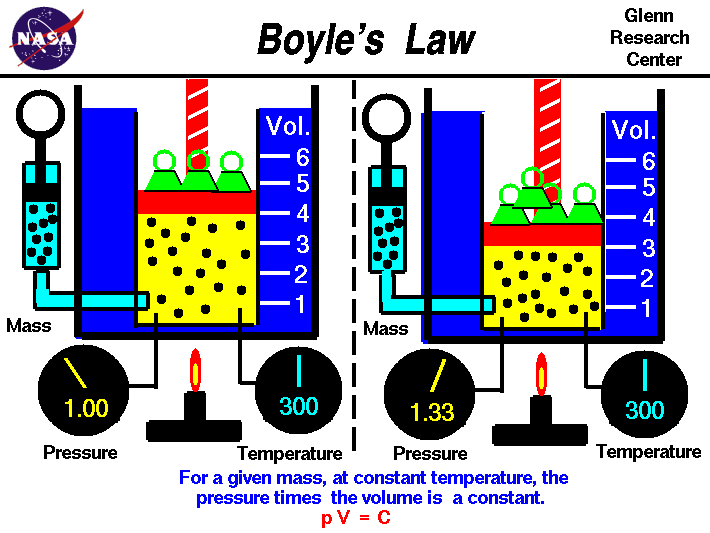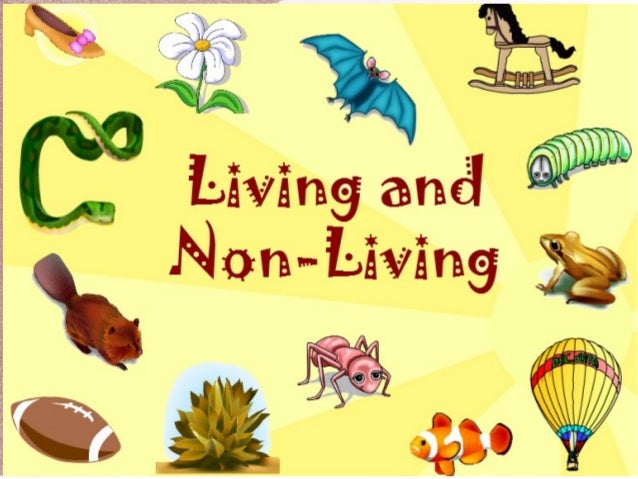CHEMISTRY: STUDY OF MATTER
 |
| CHEMISTRY ILLUSTRATION |
 Have you ever thought or tried experimenting out of curiosity? If yes, then you can definitely relate to this topic, chemistry. As a general fact, chemistry is the study of matter and it includes experimenting as well. So what is chemistry? Chemistry is a branch of physical science that studies the composition, structure, properties, and change of matter. Since you started learning science, it is certainly connected to chemistry up until you graduate and start working. Since we are in the 10th grade, we learn more about chemistry, all the topics and lessons we have nourished will be mentioned by our group members.
Have you ever thought or tried experimenting out of curiosity? If yes, then you can definitely relate to this topic, chemistry. As a general fact, chemistry is the study of matter and it includes experimenting as well. So what is chemistry? Chemistry is a branch of physical science that studies the composition, structure, properties, and change of matter. Since you started learning science, it is certainly connected to chemistry up until you graduate and start working. Since we are in the 10th grade, we learn more about chemistry, all the topics and lessons we have nourished will be mentioned by our group members.SO WHAT DID WE LEARN?
"All I knew about Chemistry is that it is really complex. Why? It is because of the lessons involved in it that will make it harder to understand, compared to previous ones. For example, the one about chemicals and equations. You will study about the basics, and then the complex ones like chemical equations, or the structures of a compound, the bonds of each atoms and others. Chemistry also has also a little confusing terms in it, and perhaps there are many of them too just like in biology. Although it is really complex and complicated, I try to understand at least a little about it. But of course, there is fun in it as well. There are things such as creating a poem about chemistry, which what i did was a little bit of cheesy though, by that I mean it's about "love" thing but it's chemistry related right? And we also had this jingle, where I really enjoyed making the lyrics of it and singing that. Things get difficult when we go along, but still we need to fight it. So basically, chemistry is complex, just like what other students might think of, but there is enjoyment in it as well. I really learned a lot of it, especially from our Science teacher, Sir Romeo Dolor. Thank you so much sir!  And hopefully you guys will enjoy this kind of topic even if it seems that it's complicated."
And hopefully you guys will enjoy this kind of topic even if it seems that it's complicated."
 And hopefully you guys will enjoy this kind of topic even if it seems that it's complicated."
And hopefully you guys will enjoy this kind of topic even if it seems that it's complicated."
~ Pimentel, Stephen Kyle

LESSONS #1: Boyle's Law
What makes it hard to study chemistry? One of the factors that makes chemistry pretty complex are formulas. Throughout this 3rd quarter of school in science, we learned about laws with formulas. One of those laws is Robert Boyle's Law. Boyle's law describes the inverse relationship between the pressure and volume of a fixed amount of gas at a constant temperature.

"Chemistry, chemistry, whenever students hear this word, they'll probably think this is a nightmare simply because it is complex, a hard topic for those who are not interested. For me, chemistry isn't that hard. I'm not boasting but as what I've observed, chemistry is all about memorizing. And what makes it not that heavy? It's because memorizing is the lowest form of learning and chemistry is all about memorizing and being interested with the topic. Would you listen and learn if you are not interested? You'll probably be forced to. Back to the topic. On the first few days of 3rd quarter, chemistry is elaborately discussed with much difficulties because students wont catch up. Lessons and topics like Charles's Law, matter, elements, and more are further tackled by our science moderator, Mr. Romeo Dolor, who is a really big help and we are all grateful to him for his patience and goodness. Most of all, we had fun activities regarding chemistry. We made jingle, poems, and more. Indeed, chemistry really makes one to do hard work. Well, I believe what I believe as long as nothing is changed."
~ Garcia, Marichelle
Usually, teachers are stressed in teaching students especially to those who are not interested in learning their subject. Students make teachers really have a hard time so that is why our moderators lose their temper easily. Science is a special subject. It includes other subjects like Math and English mostly. Science teachers always have a hard time. Let us all bow to our own teacher and thank them for being patient and leading us to success.
LESSON #2: Periodic Table - How was it developed?
The periodic table is an arrangement of the chemical elements, organized on the basis of their atomic number, electron configurations, and recurring chemical properties. Elements are presented in order of increasing atomic number. The standard form of the table consists of a grid of elements, with rows called periods and columns called groups. The history of the periodic table reflects over a century of growth in the understanding of chemical properties. The most important event in its history occurred in 1869, when the table was published by Dmitri Mendeleev, who built upon earlier discoveries by scientists such as Antoine-Laurent de Lavoisier and John Newlands, but who is nevertheless generally given sole credit for its development.

"Wow science just keeps getting harder and harder each quarter. Even though the difficult task here and there, the activities are fun like poetry and science jingles! Great stuff!"
~ Gonzalez, Juan Miguel
LESSON #3: Chemical Reaction

It is a process that involves rearrangement of the molecular or ionic structure of a substance, as opposed to a change in physical form or a nuclear reaction. The most common example of chemical reaction is rust.
"Before, all i know is that science is just about knowing the living and non living existence and how they function in that way. But now science is more focused on how chemicals react, this quarter is one of the hardest, solving and knowing their units can be difficult. Chemistry is truly the science of composition, is complex but fun."
~ Salazar, Mary Angela
Lesson #4: Mass
Mass is not the same as weight, even though we often calculate an object's mass by measuring its weight with a spring scale, rather than comparing it directly with known masses. An object on the Moon would weigh less than it does on Earth because of the lower gravity, but it would still have the same mass. This is because weight is a force, while mass is the property that (along with gravity) determines the strength of this force.
"Chemistry can be anything around us. This chapter can be a mind blow to me because there are some lessons that I didn't get to understand that much. We made various activities such as poem making, infographics, and jingle. Sir also explained to us how to answer all the equations, from different gas laws to balancing chemical equations. All I can say to chemistry is that it is everything."
"Chemistry can be anything around us. This chapter can be a mind blow to me because there are some lessons that I didn't get to understand that much. We made various activities such as poem making, infographics, and jingle. Sir also explained to us how to answer all the equations, from different gas laws to balancing chemical equations. All I can say to chemistry is that it is everything."
~ Teran, Alfonso









